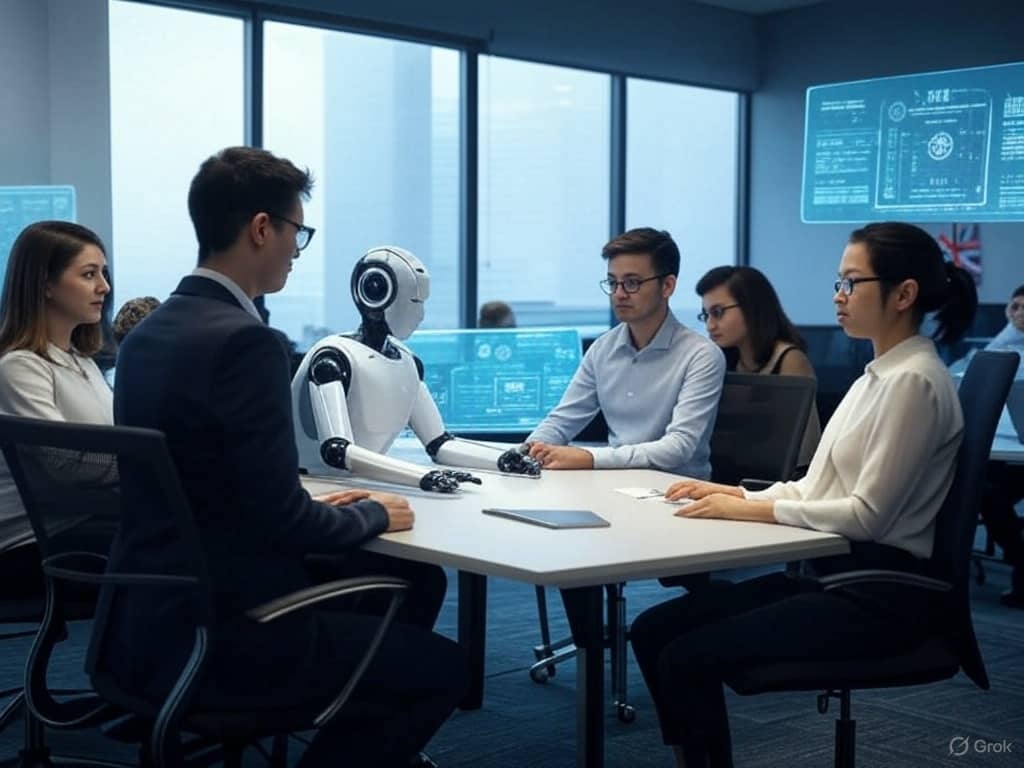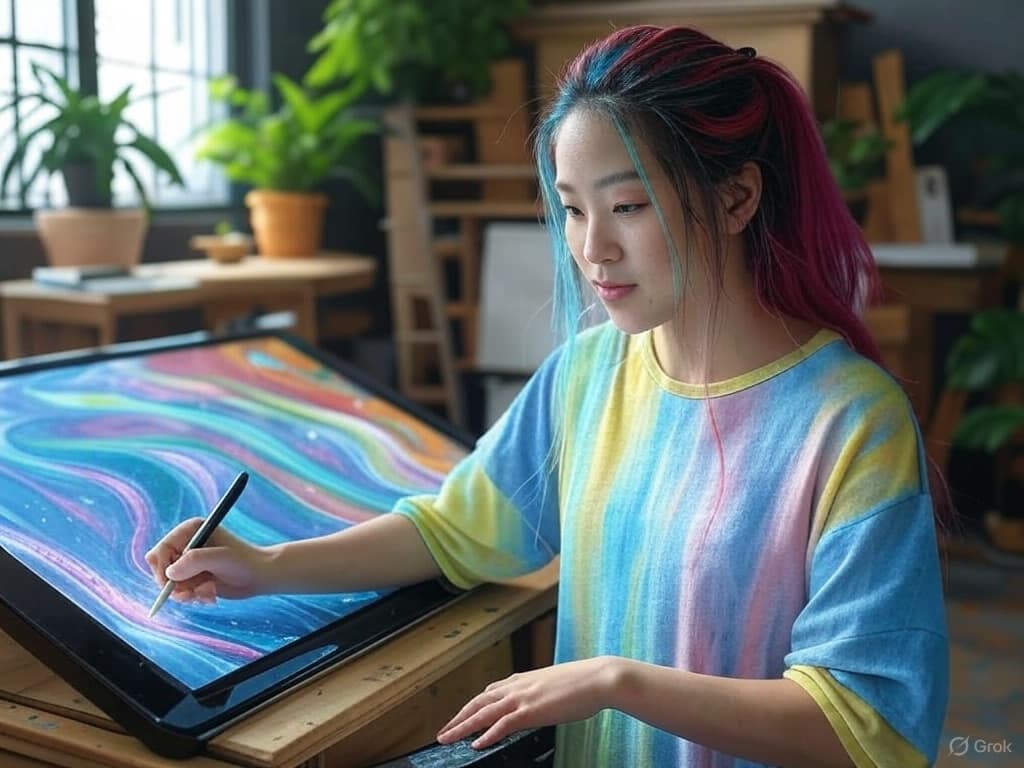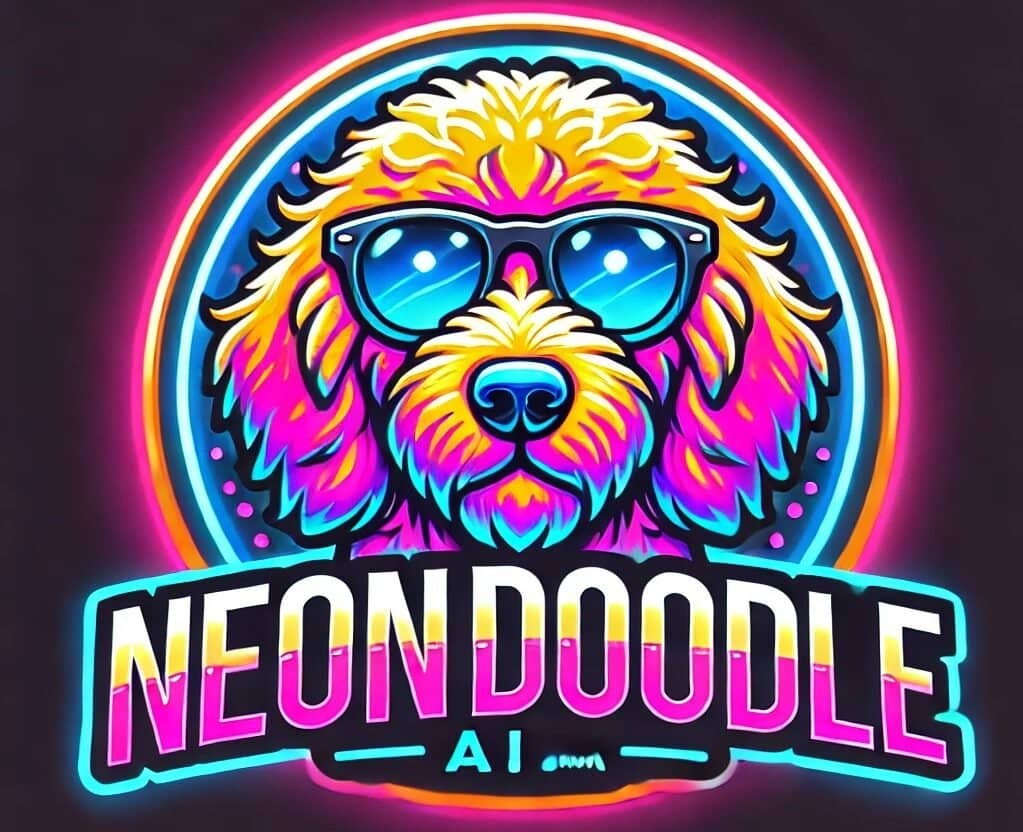
Welcome, tech enthusiasts, to your daily dose of AI news! It’s March 13, 2025, and AI is changing the game. From government to insurance and creative studios, AI is making a big impact. In this blog post, we’ll explore today’s top AI stories and what they mean for the future. Get ready for a deep dive into the AI world!
AI Takes the Helm in Government: Starmer’s Bold Vision
Headline: AI Should Replace Some Work of Civil Servants, Starmer to Announce
The UK’s politics just got a tech boost. Prime Minister Keir Starmer plans to use AI to improve government work. He wants to save billions and modernize the workforce.
Starmer’s idea is simple: if AI can do a job better, why waste human time? He also wants to hire 2,000 tech apprentices. This could lead to a mix of human and AI work in government.
This move could change how governments work. It might even start a global trend. Imagine AI handling routine tasks, freeing humans for more important work. This could make the public sector more efficient.
Stay tuned for more on this exciting development.
Insurance Goes All-In on AI: ROI or Bust
Headline: AI Adoption in Insurance Accelerates, But ROI Pressures Loom
The insurance sector is embracing AI with enthusiasm. A new report shows 66% of leaders believe AI will bring a good return on investment. They’re investing in AI for efficiency and better customer service.
Why the rush? The competition is fierce, and shareholders are impatient. AI can speed up underwriting, detect fraud, and offer personalized policies. Adoption rates are up, and spending is expected to rise in 2025.
But there’s a catch. Executives must prove these investments are worth it. If the ROI doesn’t materialize, there could be trouble.
This is a key moment for AI in the real world. Success in insurance could lead to AI advancements in other sectors. Imagine your car insurance adjusting automatically after a rainy day. But the pressure to deliver profit keeps this story interesting. Will AI succeed, or will the bubble burst? We’re watching closely.
AI as the Muse: Creativity Gets a Tech Boost
Headline: Matt Moss on AI as the Tool for Idea Expression
Now, let’s look at AI’s impact on creativity. Matt Moss sees AI as a game-changer for artists. He believes AI can enhance individuality and sustainability in various creative fields.
Moss thinks AI can free creators from mundane tasks. It can help with drafts, visuals, and ideas quickly. This isn’t about replacing artists; it’s about empowering them. Imagine a designer or writer working with AI to create amazing content.
For tech lovers, AI is getting very personal. It’s not just about making things faster. It’s about unlocking new possibilities. Moss’s vision shows a future where tech and creativity blend beautifully.
What Ties It All Together?
Today, AI is changing everything fast. It’s reshaping government, business, and creativity. Starmer’s plan to use AI in the civil service is a big step. The insurance industry is also seeing huge growth thanks to AI.
For tech fans, this is your playground. You can code, analyze, or create with AI. But, there are big questions. Will governments use AI fairly? Can businesses meet AI’s promises? And how will creators keep their unique touch in a world of machines?
The Bigger Picture: What’s Next for AI?

These changes are part of a bigger story. Governments using AI could lead to smarter cities. Insurance companies might use AI to predict life events. And AI tools could change how we tell stories and make music by 2030.
The tech world should be excited. This isn’t just science fiction. It’s real and happening now. If you want to be part of it, learn Python or try AI art. The future belongs to those who are curious. But, we also need to think about ethics and the impact on jobs.


